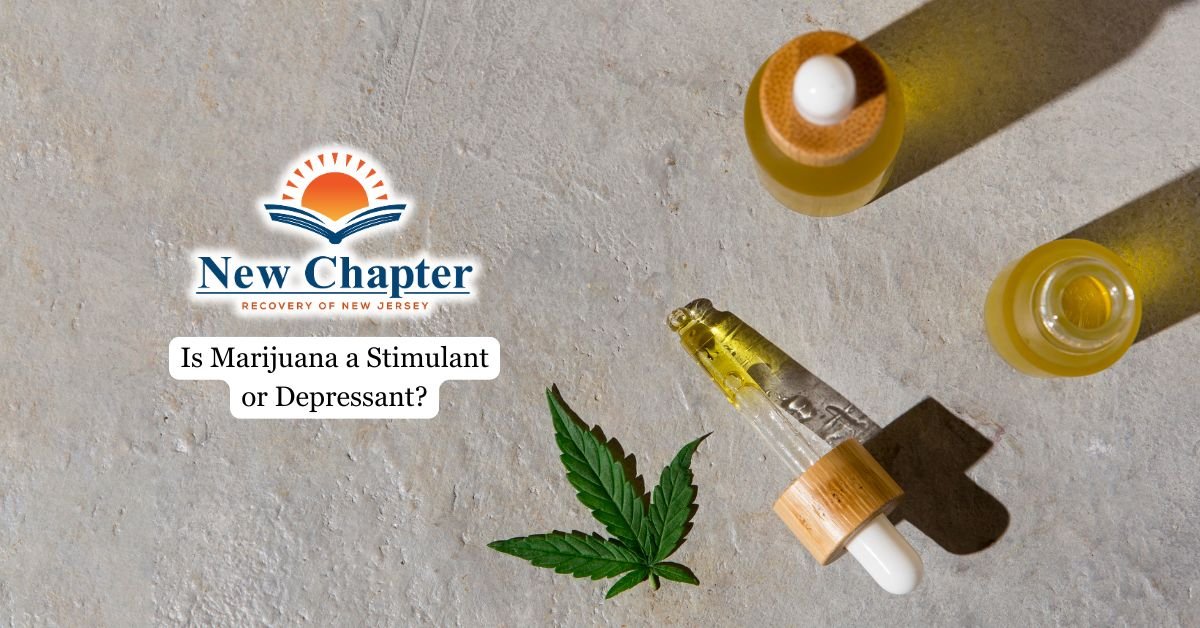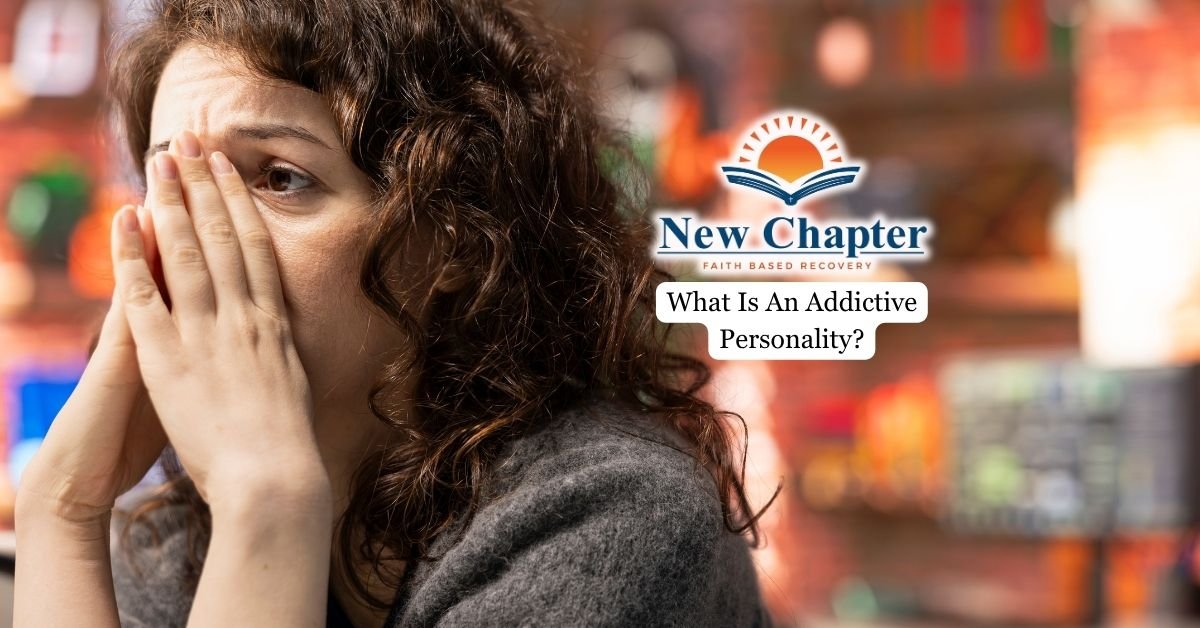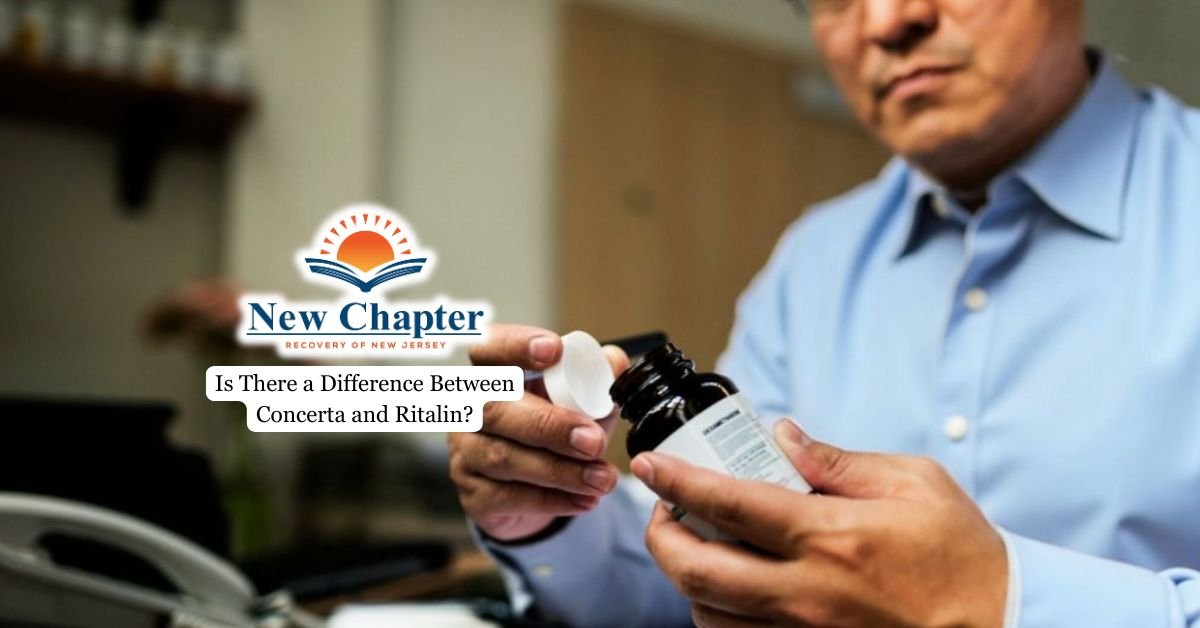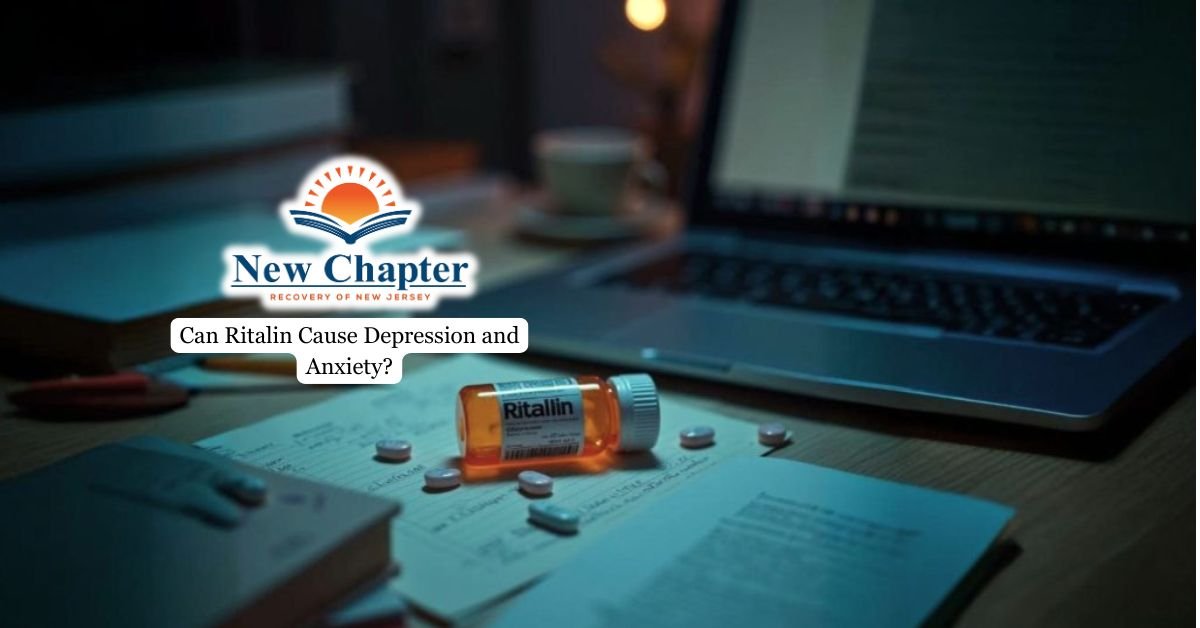Addiction recovery is frequently viewed as a journey towards liberation, but for many individuals, the path is convoluted by a concealed challenge: substitute addictions. Also referred to as replacement or cross-addictions, these transpire when someone in recovery exchanges one compulsive behavior for another, attempting to fill the emotional or psychological void that remains.
In this article, we’ll outline the most prevalent substitute addictions, which can help anyone navigating recovery easily identify these patterns early on and intervene as soon as possible.

Work and Exercise Addiction
Work addiction happens when someone feels a constant need to work too much, often driven by the need for success, recognition, or to avoid difficult emotions like guilt, anxiety, or sadness. This can lead to serious problems like burnout, chronic fatigue, high blood pressure, heart issues, depression, and trouble sleeping, and can affect a person’s daily activities..
Exercise addiction involves the constant urge to work out, even when it causes injuries, emotional stress, or problems in relationships. Common signs include always thinking about exercise, struggling to cut back, feeling irritable when skipping a workout, and continuing to exercise despite pain or negative effects.
Comprehensive addiction treatment will help address the underlying causes of addiction, such as addictive substances, and provide strategies to prevent the development of another addiction.
Shopping Addiction
Shopping addiction, also known as compulsive buying disorder, is a behavioral addiction marked by an uncontrollable urge to shop and spend, often resulting in significant financial distress and disruption to daily life. This cycle is driven in part by changes in brain chemistry, as shopping triggers a surge of dopamine in the brain’s reward pathways, reinforcing the compulsive behavior and making it difficult to stop.
Compulsive buyers often use shopping as a way to cope with negative emotions such as stress, loneliness, or depression, and may continue shopping despite mounting debt, damaged relationships, and neglected responsibilities.
Sexual Addiction
Sex addiction, or compulsive sexual behavior disorder, is characterized by an inability to control sexual thoughts, urges, or actions despite negative consequences. People struggling with this addiction may find themselves preoccupied with sexual activities, including frequent use of pornography, excessive masturbation, or pursuing multiple sexual partners, often interfering with daily life.
The addiction can lead to feelings of shame, guilt, and isolation, as well as a diminished sense of self-worth. The compulsive nature of the behavior means that even when individuals recognize the harm it causes, they may feel powerless to stop, perpetuating a cycle of distress and dysfunction in their personal and social lives.
Gambling Addiction
Gambling addiction is marked by a persistent and uncontrollable urge to gamble despite experiencing negative consequences. Those with this addiction often find themselves preoccupied with betting, whether it involves casinos, sports, online gambling, or even just lottery tickets.
Relationships with family and friends often suffer due to broken trust and repeated promises to stop that go unfulfilled. This often leads to isolation, as individuals withdraw from loved ones and social activities to hide their behavior.
Food Addiction
Food addiction is characterized by a compulsive relationship with eating, where people use food, often high in sugar, fat, or salt, as a way to cope with stress, emotional discomfort, or to fill the void left by another addiction. This frequently manifests as binge eating or uncontrollable overeating, during which large amounts of food are consumed in a short period, often in secret and beyond the point of physical hunger.
Food addiction can lead to serious health complications, including weight gain, obesity, diabetes, and cardiovascular disease. It may also contribute to the development of eating disorders such as binge eating disorder or bulimia.
Internet, Technology, and Video Game Addiction
Internet and technology addiction involves excessive and compulsive use of the internet, social media, or video games. Those affected may spend hours online, often at the expense of responsibilities, relationships, and personal well-being.
As the addiction progresses, individuals may experience disruptions in their daily lives, including declining academic or work performance and strained relationships. Emotional effects such as isolation, irritability, or depression are common, especially when unable to access digital platforms.

Nicotine Addiction and Prescription Drug Addiction
Some individuals who are in recovery from previous addictions, such as marijuana use, may find themselves substituting these behaviors with nicotine or prescription medications. This shift can occur as a way to cope with cravings, emotional distress, or the void left by the original addiction. The use of nicotine, often in the form of cigarettes, provides a rapid delivery of the drug to the brain, reinforcing its addictive potential and offering temporary relief from withdrawal or negative emotions.
Similarly, prescription medications such as sedatives or painkillers may be misused to achieve a sense of calm, escape, or euphoria, despite the risk of developing a new addiction. When used for an extended period, this substitution can lead to a cycle of dependence, where the individual becomes preoccupied with obtaining and using the new substance, often at the expense of their health, well-being, and recovery progress.
Why Substitute Addictions Happen
Substitute addictions often develop because they temporarily soothe the emotional and psychological discomfort that arises when you stop engaging in your primary addiction.
Emotional drivers like stress, anxiety, and unresolved trauma can lead to replacement addictions as a way to cope. These behaviors trigger dopamine release in the brain, mimicking the chemistry of the original addiction. This is because the brain’s reward system becomes activated, reinforcing the new behavior by releasing neurotransmitters and increasing dopamine levels.
However, substitute addictions come with their own risks and warning signs. If you find yourself excessively engaging in a new behavior or substance to the point that it impacts your recovery and quality of life, it’s crucial to recognize it as a substitute addiction.
Treatment Approaches
Integrated treatment options that address both the behavioral addiction and its underlying emotional drivers are most effective for long-term addiction recovery. Therapy helps individuals identify triggers and develop healthy coping strategies to prevent relapse.
Participating in relevant support groups, like Gamblers Anonymous for gambling addiction, Sex and Love Addicts Anonymous for sex addiction, or Overeaters Anonymous for food addiction, provides a supportive environment to share experiences and maintain accountability.
Treatment for substitute addictions during recovery should also focus on building a strong foundation of self-care, stress management, and meaningful social connections to replace the role previously filled by addictive behaviors.
While neither the World Health Organization nor the National Institutes of Health currently provides formal guidance or position statements on behavioral substitute addictions, they recommend focusing on evidence-based approaches for treating primary substance use disorders and the importance of integrated, comprehensive care leading to recovery and emotional wellness.
Final Thoughts from New Chapter Recovery
If you’re struggling with a substitute addiction, our team at New Chapter Recovery can help address the underlying emotional issues and develop healthy coping strategies. We can provide you with the support and treatment most suitable for your needs, which will help you break free from the cycle of addiction and achieve lasting recovery.






